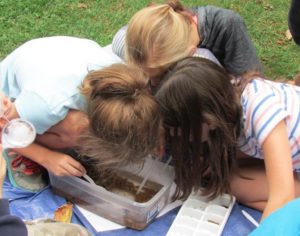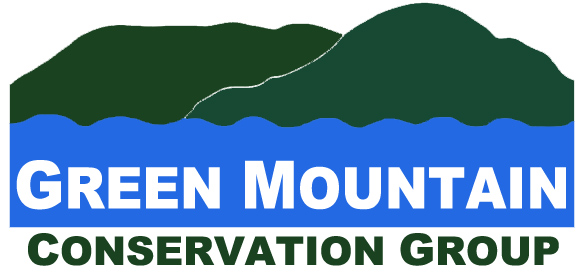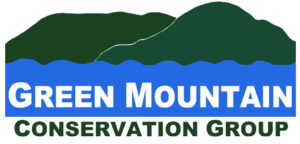Volunteer Biological Assessment Program (VBAP)
Green Mountain Conservation Group (GMCG) hosts a variety of educational programs throughout the year. Programs are designed to promote our vision: healthy water, healthy communities. Each fall, GMCG visits schools in the  Ossipee Watershed and incorporates the Volunteer Biological Assessment Program (VBAP). The goals of VBAP are:
Ossipee Watershed and incorporates the Volunteer Biological Assessment Program (VBAP). The goals of VBAP are:
- to educate students about water quality issues as interpreted through biological assessments;
- to bring an awareness to students to practice water quality management;
- for the students to act as community scientists.
VBAP is a coordinated effort between the NH Department of Environmental Services (NHDES) and volunteer organizations to develop a statewide screening protocol for documenting the biological condition of wadable streams. The protocol is designed for individuals and youths with or without professional training.
VBAP brings elementary school students across seven towns to local streams and rivers in the Ossipee Watershed to search for macroinvertebrates, which are small aquatic insects that are biological indicators of environmental health. Students also learn how to use equipment to sample for water quality, take environmental observations, and learn of the importance of the natural resources of the Ossipee Watershed. The student scientists who participate in VBAP each year are excited to share their accomplishments, hard work, and all that they have learned about water quality, and report their findings on the health of their local rivers and streams to the community.
For more information about VBAP or volunteer at an upcoming program email Tara Schroeder at education@gmcg.org.
Watershed Workbook Chapter 4: for Teachers and Students
Teachers: Aquatic Animals Teacher’s Unit Students: Aquatic Animals Student Unit
Each fall, local school children help GMCG sample rivers and streams for macroinvertebrates, tiny critters that have no backbone and are visible to the naked eye. Aquatic macroinvertebrates can tell us about the water quality of a waterbody since some species are sensitive to pollution, while others are more tolerant of pollution. The program gets students actively engaged in an ongoing community science program that tracks water quality over time through the Volunteer Biological Assessment Program (VBAP), a partnership with the NH Department of Environmental Services.
What teachers & students say about the program
“I was just bragging to the school board the other night about this program (VBAP). I told them this is one of the few times that students are doing real science and doing something worthwhile with the data. They aren’t just doing it for the sake of doing it.” – Jeremy Hillger, Principal Sandwich Central School
“Thank you so much for having us to the river. It was a great learning experience and the whole class loved it. (I think some of them might become biologists). That would be cool. Thanks for the t-shirts too. P.S. my favorite macroinvertebrate is the caddisfly because of its pretty case.” – Mackenzie
“I wanted to thank you for letting us come to the river. We all learned a lot about macroinvertebrates and a lot of other things. I had a lot of fun doing the rock scrubbing and plucking all of the creatures. But most of all we all had fun!” – Logan
“Thank you for the t-shirts and helping us identify the macroinvertebrates. I learned how to collect macros and I learned a lot about them. One thing I learned is that caddisflies build a little case to protect them from predators. I had a lot of fun!” –Melissa

